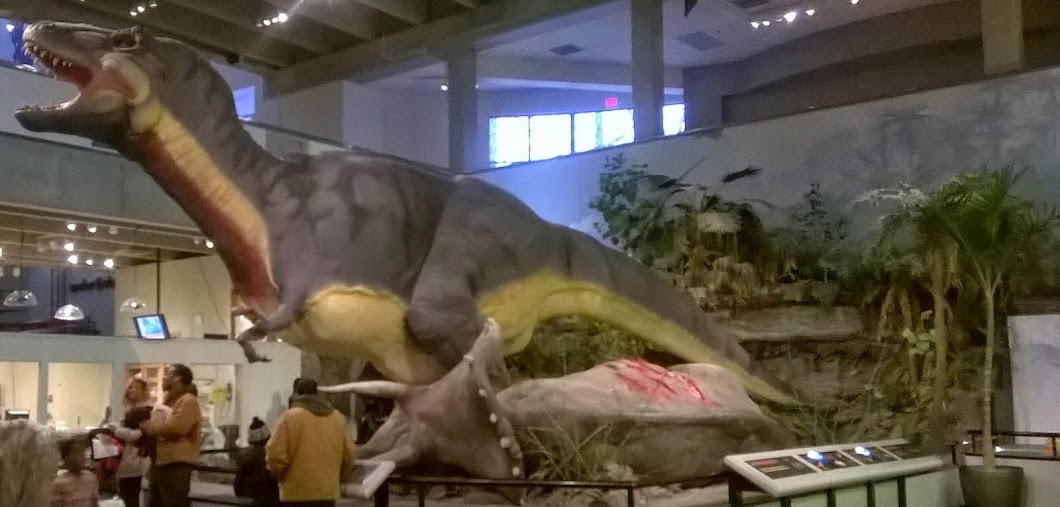Cuvier, like many scientists regardless of their eras, had his biases and made observations based on his opinions, biases, beliefs, and upbringing. Despite Cuvier's distinction as an anatomist and a father of paleontology, he was completely against the idea of evolution. Cuvier claimed that the fossil and extant materials he studied possessed no indications that one animal had ever evolved from another animal. One of his more famous examples involved a comparison of contemporary cats to those recovered from Egyptian tombs. Cuvier did not observe any differences between 18th century and pre-common ear cats. Using these observations he declared that the idea of evolution was supported by zero empirical evidence. Cuvier also studied other mummified animals recovered by Napoleon's expeditions.
Cuvier argued that short term studies, a few hundred years or even a decade, showed no organic change and that therefore long term studies, millions of years, would also show no organic change. That sort of argument sounds like it would be featured in a Creationist/Intelligent Design platform, however, it does not at all take away from the paleontological significance of Cuvier's work. In fact, Cuvier was so confident in the support of his assertions about evolution using anatomy as evidence, that he was said to remark "it [Lamarckian evolution] cannot for a moment bear the examination of anyone who has dissected a hand, a viscus, or even a feather." He did allow concessions in his hypotheses for the further discovery of other fossil animals, including fossil hominids that had yet to be unearthed. All of Cuvier's opinions and beliefs concerning the evolution of animal species were well known prior to the publications of Darwin and Wallace. His fame and the respect shown to him by others slowed the push of naturalists supporting hypotheses of evolution up until the publications of Darwin and Wallace and this is one of the many reasons that evolutionary theory took a while to truly take root in the natural sciences.

No comments:
Post a Comment